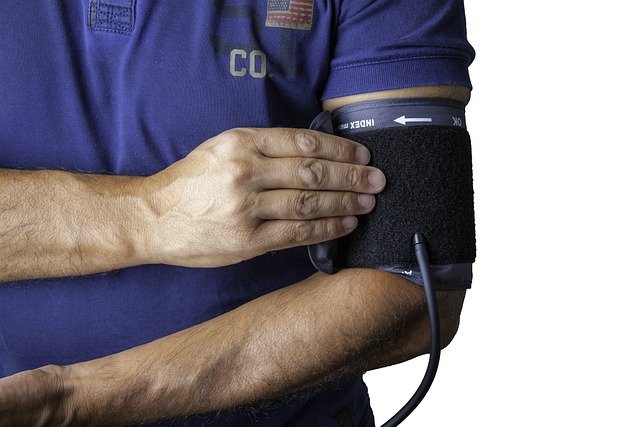Your Simple Guide to Becoming a Fertility Donor
Learn how egg or sperm donors can help others start a family. this donation involve eligibility criteria's, health screenings, clinic protocols, compensation details, and legal considerations. Understanding these steps helps make an informed decision.

What are the basic requirements for fertility donors?
Fertility donors must meet specific criteria to ensure the health and safety of both the donor and the potential recipient. For egg donors, the typical age range is between 21 and 32 years old, while sperm donors are usually accepted between 18 and 39 years of age. Both types of donors should be in good physical and mental health, with no history of genetic disorders or hereditary diseases. A healthy BMI, non-smoker status, and a willingness to undergo extensive medical and psychological screenings are also common requirements.
How does the screening process for fertility donors work?
The screening process for fertility donors is thorough and multi-faceted. It begins with an initial application and questionnaire about your medical history, lifestyle, and personal background. If you pass this initial screening, you’ll undergo a series of medical tests, including blood work, genetic screening, and tests for infectious diseases. Psychological evaluations are also conducted to ensure donors are mentally prepared for the process and its potential emotional impact. For egg donors, additional tests may include ultrasounds and hormone level assessments.
What is involved in the egg donation process?
The egg donation process involves several steps over a period of about 3-4 weeks. After passing all screenings, egg donors begin a regimen of hormone injections to stimulate their ovaries to produce multiple eggs. During this time, donors are closely monitored through blood tests and ultrasounds. When the eggs are ready, they are retrieved through a minor surgical procedure under sedation. The process concludes with a follow-up appointment to ensure the donor’s well-being.
How does sperm donation differ from egg donation?
Sperm donation is generally a simpler process compared to egg donation. After passing the screening requirements, sperm donors typically visit a donation clinic once or twice a week to provide samples. The donation itself is a straightforward process that takes only a few minutes. Sperm donors may be asked to abstain from ejaculation for 2-3 days before each donation to ensure optimal sperm quality. Unlike egg donation, which is usually a one-time process, sperm donors can often make multiple donations over an extended period.
What legal and ethical considerations should fertility donors be aware of?
Fertility donation involves important legal and ethical considerations. Donors are typically required to sign legal contracts relinquishing any parental rights to children born from their donations. It’s crucial to understand the terms of these agreements and seek independent legal advice if necessary. Some donors may have the option to remain anonymous, while others might agree to be contacted by any resulting children once they reach adulthood. Ethical considerations include the potential emotional impact of knowing you may have biological children you’ll never meet and the possibility of unintended consequences, such as half-siblings unknowingly meeting later in life.
What is the compensation structure for fertility donors?
Compensation for fertility donors varies depending on the type of donation and the specific agency or clinic involved. It’s important to note that compensation is provided for the time, effort, and potential discomfort involved in the donation process, not for the eggs or sperm themselves.
| Donation Type | Average Compensation Range | Factors Affecting Compensation |
|---|---|---|
| Egg Donation | $5,000 - $10,000 per cycle | Donor’s education, health, prior donation success |
| Sperm Donation | $50 - $200 per donation | Frequency of donation, sperm quality, donor characteristics |
Prices, rates, or cost estimates mentioned in this article are based on the latest available information but may change over time. Independent research is advised before making financial decisions.
For egg donors, compensation typically ranges from $5,000 to $10,000 per donation cycle, with some agencies offering higher amounts for donors with specific characteristics or proven fertility. Sperm donors generally receive less compensation, ranging from $50 to $200 per donation, but can donate more frequently over a longer period.
It’s crucial to remember that while compensation can be a motivating factor, the primary focus of fertility donation should be on helping others create families. Reputable clinics and agencies prioritize the well-being of donors and recipients over financial incentives.
Becoming a fertility donor is a significant decision that requires careful consideration of the medical, emotional, and ethical aspects involved. By understanding the process, requirements, and implications of donation, potential donors can make informed choices about their participation in this life-changing act of generosity.




